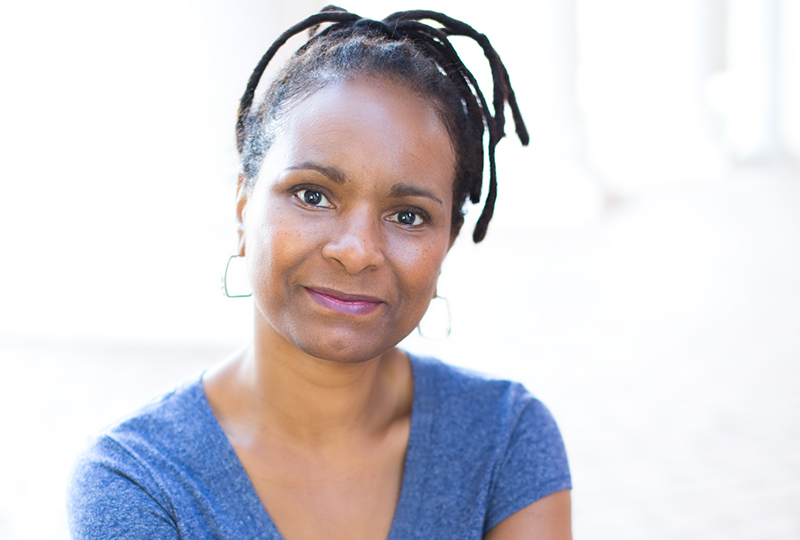He used to call me Darling,
every morning, How ya doin’, Darlin’.
Beefy, coffee-colored,
thirty if that,
yet something already Sisyphean
about him, forever hunched
under the hood of his taxi,
pulling out the engine
twice that one week.
Wherever he is,
may he catch a break,
in this life and the next,
if the world is just a hologram,
a mass daydream we’re all having,
may we reimagine him as, say, an English major
indignant over his A minus,
he could do that, he could have parents
whose second home was just featured in Architectural Digest.
Yes, a boy with multiple bathrooms,
a boy who’s never cleaned a bathroom,
the student who comes late
to Kent State, to Goodman, Schwerner and Chaney,
who has no idea who he is
until he’s beaten senseless for not using his left turn signal.
We could give him a community,
we could make him too big for his pants, turn him
into a traitor to his class, into one of those people
who can’t be free until we all are.
And yet, can we keep the Darling,
keep it and not mean anything by it? Can we
ever not love the way he said it?








